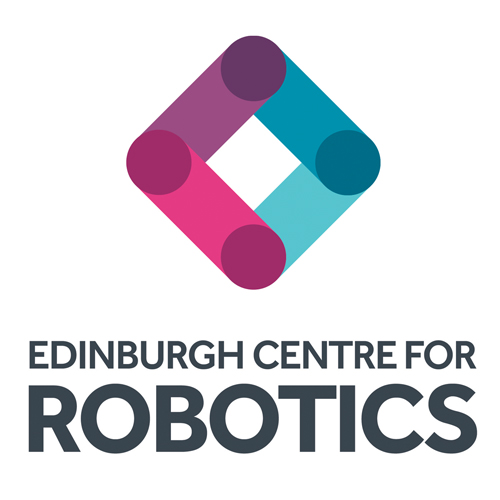Tam Dalyell Prize 2015 awarded to Professor Vijayakumar
Submitted by maragon on Tue, 22/12/2015 - 10:43Professor Sethu Vijayakumar, Edinburgh Centre for Robotics Director and Professor of Robotics at the University of Edinburgh, has been awarded the 2015 Tam Dalyell Prize for Excellence in Engaging the Public with Science by the Principal of the University, Professor Sir Timothy O’Shea. The prize recognises an individual or group's work in science outreach including onsite engagement, talks and other public events or through publishing and broadcasting.




